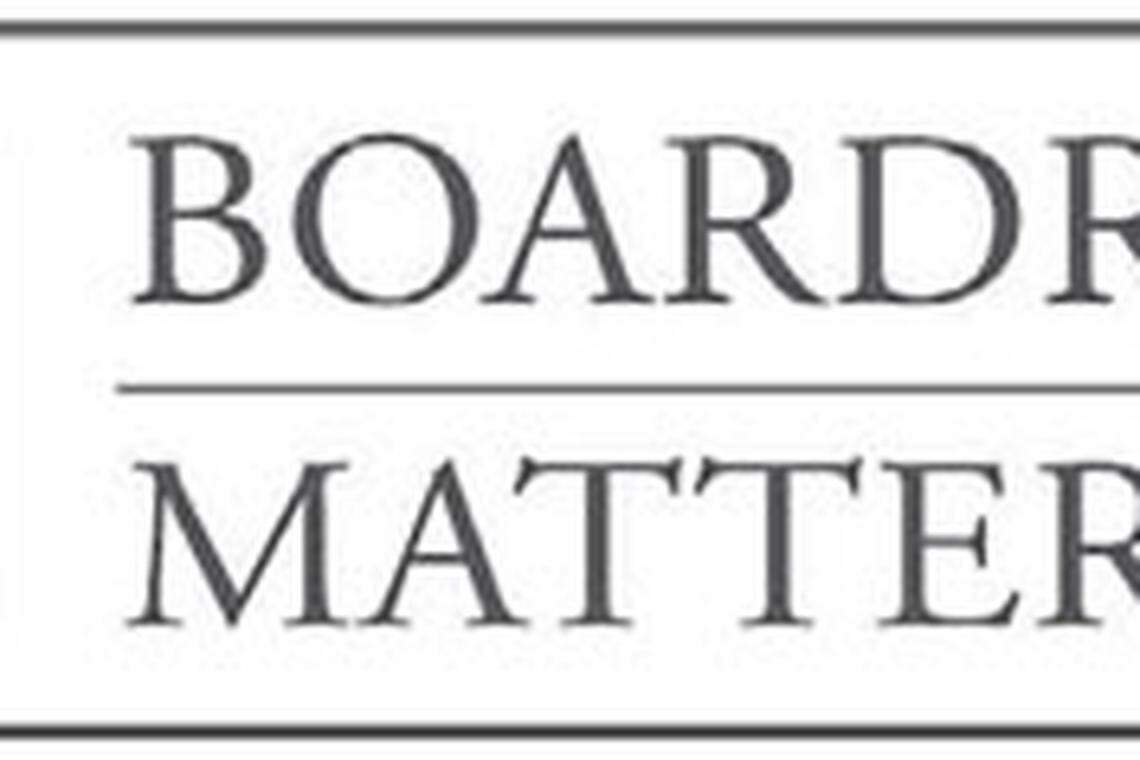Hardening of nine-year rule for IDs
There are two options for implementation, with both of them targeting board renewal, succession planning and board diversity.
AMONG the recommended revisions to the Code of Corporate Governance, the "nine-year rule" for independent directors (IDs) has been the most debated.
Perhaps, it is also because it is the only recommendation where the Corporate Governance Council provided two alternate implementation options for feedback.
Workings of the nine-year rule
Guideline 2.4 of the 2012 Code states that "the independence of any director who has served on the board beyond nine years from the date of his first appointment should be subject to particularly rigorous review".
The rationale for the rule is two-fold: ensuring director independence (after a long period of service, the independence of a director might be compromised given the familiarity with management) and achieving board renewal (there are requirements on the minimum number of independent directors on the board).
Unfortunately, this guideline is clearly not working too well.
Many companies provide boilerplate explanations of the "particularly rigorous review" before summarily concluding that their directors are independent beyond the nine years.
The SID-ISCA Singapore Directorship Report 2016 found that 64 per cent of companies (which have been listed for over nine years) have at least one director who is still declared as independent despite being over the limit. About 30 per cent of independent directors in Singapore have served beyond nine years, some as long as over 30 years.
Given that more than 80 per cent of listed companies in Singapore have controlling shareholders, it is important to ensure and strengthen director independence. It is therefore no surprise that the Corporate Governance Council has proposed to harden the nine-year rule by moving it into the Singapore Exchange Listing Rules, with two options for implementation:
Other jurisdictions
Before we examine the recommendation further, let us review what takes place in other jurisdictions.
Some countries are beginning to hard code a term limit for director independence. The European Commission recommends a 12-year limit for its member countries, which France has adopted.
For those with "comply or explain" corporate governance codes:
Option 1: Hard limit
In this option, any director that has served more than nine years would simply not be considered independent. This is in line with MAS regulations for directors of local banks.
In computing the nine years, the aggregate of the years of directorship on the listed board, whether or not there is a break in the years of service, is taken. There is no cooling-off period.
The advantage of this option is that it is simple, clear and easy to implement. It allows boards to focus on the important work of planning for renewal and succession, and avoids any internal debates and angst on whether or not to declare a particular director as independent.
Option 2: Two-tier voting
The alternative to a hard limit is an explicit vote by shareholders based on two tiers, similar to Malaysia and the UK.
Under this proposal, all independent director appointments beyond nine years would require the majority approval of (1) all shareholders and (2) all non-controlling shareholders (those with less than 15 per cent shareholding).
It is a "softer" option than the hard limit (Option 1) as it allows a board to keep an independent director with minority shareholder approval.
However, given that neither option prevents a director from staying on beyond the nine years as a non-independent director, there does not seem to be much need for such flexibility - unless the board needs all its independent directors to continue as such (which then negates the principle of board renewal).
There are also a number of issues and ambiguities which need to be clarified before Option 2 can be implemented:
A hardening of the nine-year rule will go some way to ensuring board renewal, succession planning and board diversity, which are key tenets of good board composition. Both options can work, with Option 1 being more effective and Option 2 being more flexible.

BT is now on Telegram!
For daily updates on weekdays and specially selected content for the weekend. Subscribe to t.me/BizTimes
Companies & Markets
Meta releases early versions of its Llama 3 AI model
Seatrium unit ordered to pay US$108 million in arbitration over equipment supply contracts
TSMC estimates losses of US$92.4 million due to Taiwan earthquake
Marina Bay Sands Q1 profit surges 51.5% to US$597 million on tourism boom
US: Wall St opens higher as some chip stocks bounce back after selloff
Valuations for office Reits lag counterparts, but re-rating may face uncertainty
